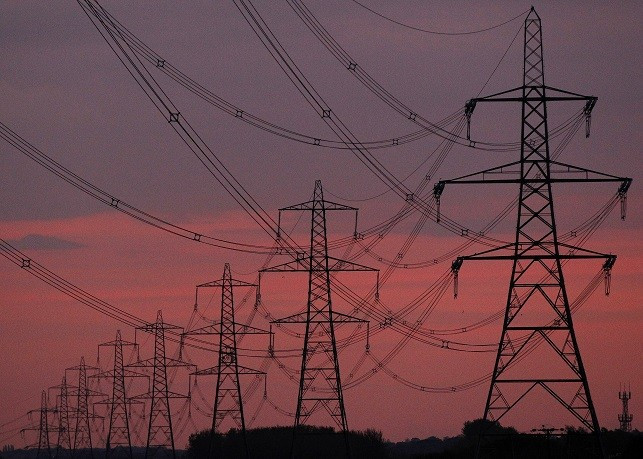Hackers shut down Michigan electricity board's critical systems for nearly a week

A cyberattack targeting the computer systems of an electricity and water service provider in the US has forced its enterprise systems offline for nearly a week. In a series of posts on Twitter, the Board of Water and Light (BWL) in the state of Michigan revealed an email phishing attack was used to infect computers with ransomware and admitted it is still in a state of recovery.
After first being infected on 25 April, the utility was forced to shut down its email and accounting systems in order to stop the spread of ransomware – which typically locks down computers until a financial fee is paid to the hackers responsible. Additionally, the attack forced BWL to shut down phone and customer service lines, the Lansing State Journal reported.
In a fresh statement to concerned customers the BWL has claimed the infection should have no impact on delivery of water and electricity in the region. It added: "There is nothing to indicate that any customer data has been compromised."
The authority, which falls into the category of critical infrastructure, has now enlisted the help of the state police and the FBI in its subsequent investigation into the attempted hack. Meanwhile, the culprit of the ransomware attack remains unknown.
BWL general manager Dick Peffley said: "We have reached out to a company that can look and see if we can do anything different to recover from a cyber event like this faster in the future. We are looking at certain IP addresses that we will no longer allow to access our email system. That will help eliminate the threats that come into our system on a daily basis." However, according to local media website WIKX10, Peffley would not say if he paid the ransom.
Here are responses to commonly asked questions we've received following the cyber incident that happened on 4/25. pic.twitter.com/W81KUjQnT1
— Lansing BWL (@BWLComm) May 2, 2016
"The potential damage of ransomware is huge," Mark James, security expert with ESET, said after the incident was made public. "If the right files are encrypted then in theory anything could be ground to a halt." He added: "It's imperative, in this modern day of email-born cyberwarfare, to understand the current risks and attack methods that may hit the inbox of your entire staff if you want to stay safe."
In a spate of recent ransomware attacks, a number of US-based hospitals were targeted by tech-savvy hackers. One landmark case resulted in the cybercriminals being awarded $17,000 (£12,000) after locking down vital systems needed to carry out crucial patient care. Indeed, the ransomware epidemic appears to be spreading in the US. In a massive campaign last month, 20 schools in San Antonio, Texas, were left on high-alert after a coordinated malware attack infiltrated networked computer systems and demanded money.
© Copyright IBTimes 2025. All rights reserved.






















